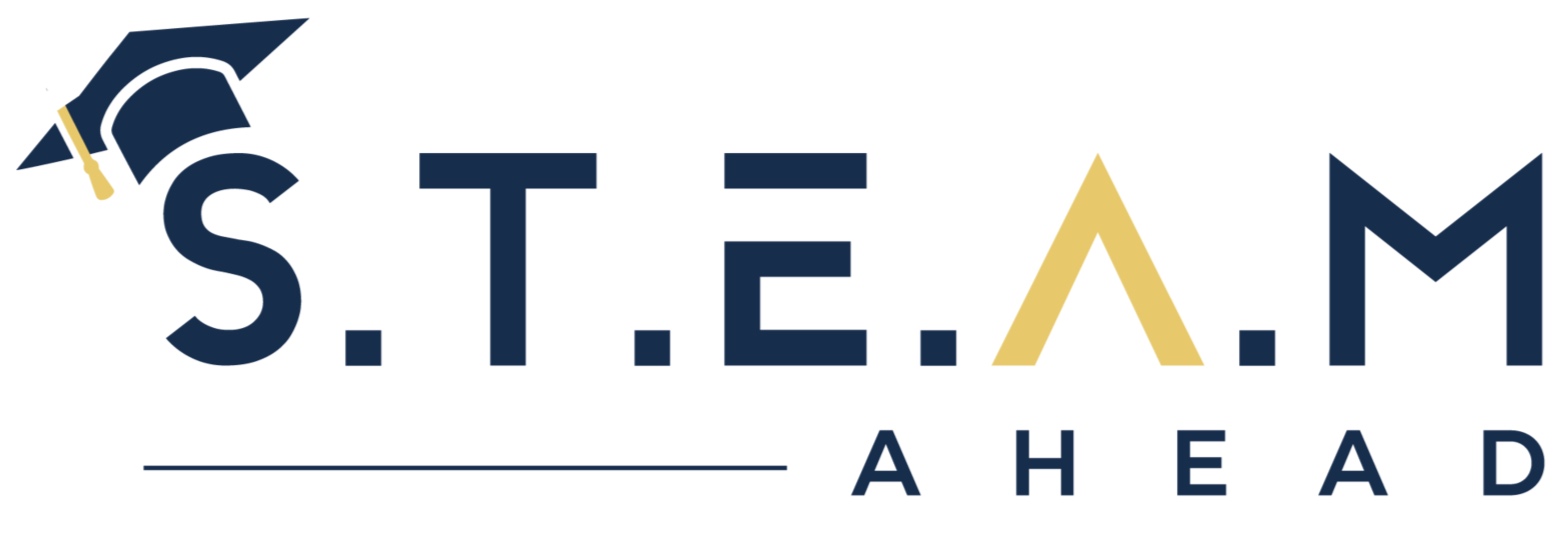To Future Generations of Women in STEM: A Letter of Wisdom from Women Who’ve Been There
Photo by Julia M Cameron
As we celebrate Women's History Month, it's an opportune time to reflect on the invaluable insights shared by undergraduate women in STEM fields. In a heartening study, 89 junior and senior students majoring in Engineering, Mathematics, Computer Science, Physics, Biological/Biomedical Sciences, and Chemistry took the time to write letters to their younger peers, offering profound advice and encouragement.
In their letters, these remarkable women highlighted the shared experiences of academic challenges and the journey of overcoming them. They urged their peers to embrace challenges as opportunities for growth. One recurring theme was the strength found in forming communities within the STEM landscape – a sisterhood that supports, collaborates, and rises together.
Advice #1: Everyone struggles
Navigating the demanding terrain of academia, particularly within the realm of women in STEM, reveals a universal truth – everyone struggles. One senior biology major at a large public institution wrote that retaking difficult STEM courses is not at all unusual, especially in her own experience:
“The most important piece of advice that I will give is that it is okay to not do well the first time around. Everyone will have that one class that they struggle so hard with grasping, even when they put in the hours...I have retaken at least 6 classes in my undergrad, along with so many other students. It is totally normal, so never feel ashamed of it”.
Another senior mathematical student echoed this language in her letter:
“For those that need to hear it—you are not alone. Everyone struggles in some of their classes, and some more than others, maybe for reasons unrelated to school, and THAT IS OKAY.”
By sharing their experiences, they were able to help their fellow students embrace transparency in discussing challenges. This encouragement aims to foster an environment that normalizes struggles and failure in STEM fields.
Advice #2: Failure is not indicative of character
Recognizing failure as a collective experience, this theme emphasizes that setbacks should not be a measure of one's character. Students affirm that facing challenges, including academic ones, is integral to the learning process.
One junior biology student at a liberal arts college shared:
Photo by Andy Barbour
“...FAILING AN EXAM DOES NOT MEAN YOU ARE A FAILURE. I’m going to say it again for my ladies in the back, FAILING AN EXAM DOES NOT MEAN YOU ARE A FAILURE. Learn it and learn it quick because you will fail at least one exam. It doesn’t mean you’re dumb, and will fail the class, and not get into graduate school, and fail out of college, and end up living in your parents’ basement. You will be fine, you can still do well in the class. One mistake does not define you.”
Individuals have the capacity for improvement over time, with the recognition that failure is an inherent component of personal growth, emphasizing its role in the learning process.
AdVice #3: Form A Supportive community
A prevailing theme in numerous letters emphasized the importance of women building supportive communities to nurture connections and collaboration within STEM fields. A junior biology student commented:
Photo by Yan Krukau
“Something that has gone well in my experience of being a stem major was the female friends I’ve made along the way. I feel like we’ve each had our own struggles in the major and could relate to one another better than anyone else could. We’ve studied together, struggled together, and most importantly—succeeded together.”
Participants frequently encouraged students to join clubs and establish study groups, emphasizing the benefits both academically and socially. These networks not only provided support but also empowerment.
Advice #4: have Women role models and mentors
Multiple students highlighted the academic and emotional advantages of having a female role model in male-dominated fields. They expressed feeling more at ease seeking advice and discussing experiences of gender bias when having a woman as a resource in their department. A junior biomedical sciences student wrote:
Photo by August de Richelieu
“...there have also been times where I have been told to rethink my path to medicine because I am a woman. I have been told that I will be constantly torn between work and home if I have a family in the future...These comments have sometimes gotten the best of me and made me truly think about whether or not going into medicine is the right fit for me, considering that I envision myself having a family in the future. However, I have heard from strong women …about how you truly can make it work if you want to have it all. You don’t have to settle for being an average doctor or scientist because you are a woman and a mother. Instead, you can be great, if not extraordinary at both.”
Receiving support from women mentors instills confidence in students, enhancing their sense of security when navigating academic challenges and addressing gender discrimination within their fields.
As we continue to celebrate Women's History Month, we hope you gained valuable insights from the experiences shared by junior and senior STEM students. Their narratives illuminate a collective journey of academic challenges, emphasizing universal struggles, positive perspectives on failure, and the significance of supportive STEM communities. In this ongoing month of recognition and reflection, may their words resound with the resilience and strength within the sisterhood of Women in STEM.
To learn more about STEAM Ahead, visit us at www.westeamahead.org





